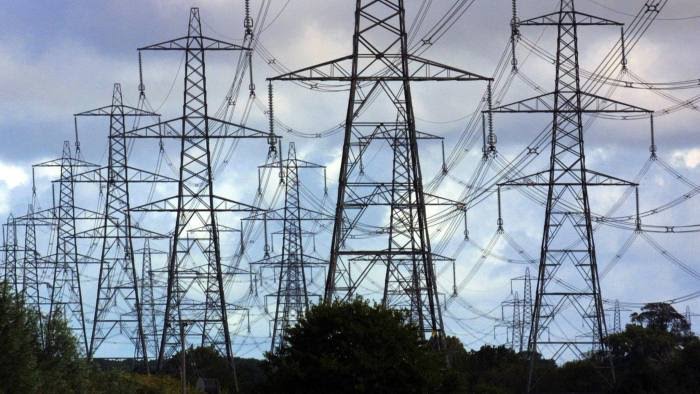
Nigeria’s Chief Justice, Kudirat Kekere-Ekun, has warned that the country’s judiciary faces a crisis of confidence if judges fail to expedite case execution.
Speaking at the National Judicial Council’s third annual conference on judges’ performance evaluation in Abuja, Kekere-Ekun emphasized the alarming rise in pending cases and low disposition rates.
“We must be deeply concerned by the increase in the number of pending cases and low disposition rates,” Kekere-Ekun said on Tuesday.
As of the first quarter of 2024, Nigeria’s superior courts had 243,253 pending cases, comprising 199,747 civil and 43,506 criminal cases.
Kekere-Ekun condemned the unacceptable reduction in case disposal, citing instances where judicial officers failed to deliver a single judgment in a quarter.
“At the last meeting of the committee, there was a reduction in case disposal as some judicial officers failed to deliver a single judgment in one quarter. This is simply unacceptable.
READ ALSO: Kekere-Ekun Takes Helm As CJN After Senate Confirmation
“It is imperative for all of us to take a serious note of this alarming situation and re-focus our attention towards enhancing our judicial performance,” she urged.
To address this issue, Kekere-Ekun advocated for leveraging information technology and innovative case management.
She also promoted alternative dispute resolution methods, such as mediation and arbitration, to accelerate case resolution and alleviate judges’ workloads.
Kekere-Ekun cautioned, “Unless we can justly, speedily, and effectively execute our roles as judicial officers, the populace will lose their confidence in the judiciary, as it is mostly believed, rightly or wrongly, that the judicial process is often painstakingly slow and tedious. Delayed justice is denied justice.”
She highlighted the availability of digital tools, including virtual courtrooms, e-filing systems and advanced research engines, to enhance case disposition efficiency.
The CJN’s warnings come amidst growing concerns over Nigeria’s judicial efficiency.




